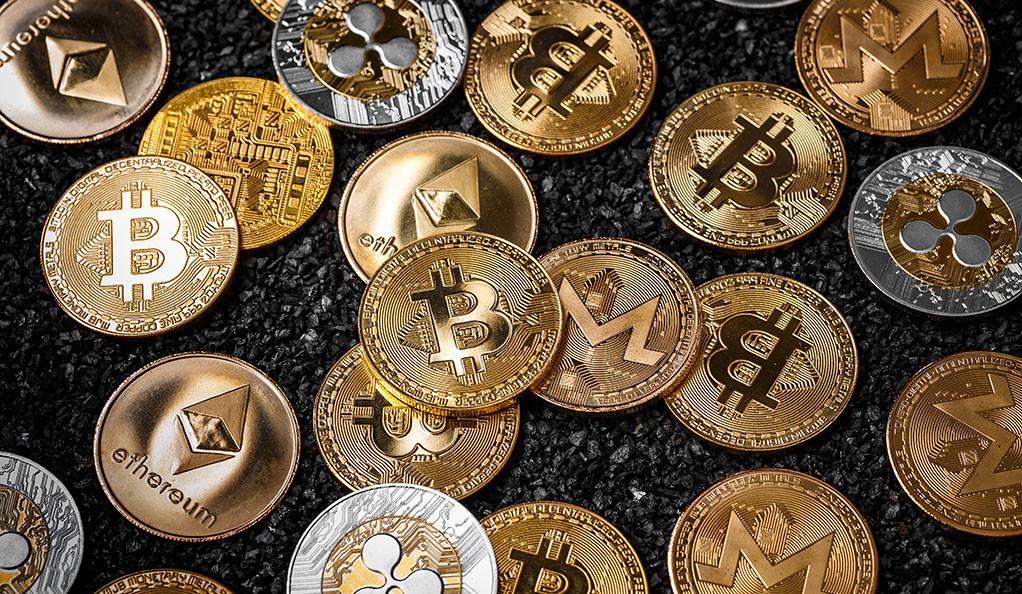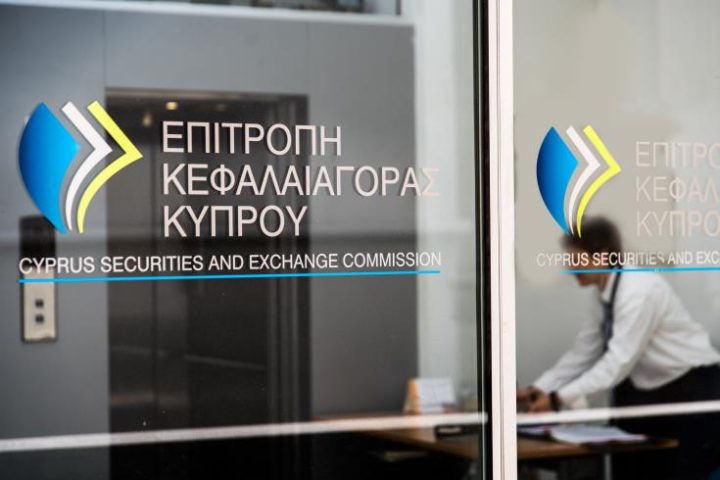The history of finance is full of examples of how asset prices rapidly burn investors when they rise and fall sharply. Economists named this phenomenon the financial bubble.
Bitcoin, the most popular of all digital currencies that only last month rose to become a trillion-dollar asset, plunged Wednesday amid massive selloffs.
Some wonder whether this is a good time to buy or sell. It is a classic trap for many investors.
The logic behind it is that sooner or later, the asset will rise again to reach the last pick, and they can sell it with a profit.
But markets have a logic of their own. Market conditions may favour or become risky for a particular asset or asset class.
In Cyprus and elsewhere, many people saw blockchain technology as a thing of the future.
Those who believed in it made unbelievable returns. But the experience of many newcomers a sour taste.
Unlike regulated financial instruments where information is mandatory and is checked by external auditors, regulators and others, cryptocurrencies have no such requirements leaving investors with little information about the underlying fundamentals.
Expectations are the only driving force behind the price movements of cryptocurrencies.
But isn’t this true for every asset class? Yes, but only to some extent.
Bitcoin is not a currency regulated by any Central Bank whose target is price and financial stability.
But as a trillion-dollar asset class, many fund managers believe that it belongs to any balanced portfolio, wrote the Economist (“the digital currencies that matter”) on May 8.
Demetra Kalogerou, the Chairperson of CySEC, told the Financial Mirror her views on the matter.
The dramatic crash of Bitcoin earlier this month underscores the fragility of the cryptocurrency’s appeal but, perhaps more importantly, the vulnerability of individual investors.
Is there enough transparency in the market, and are retail investors protected from potential market abuses like insider trading, front running, or market manipulation?
“Some crypto-assets, including so-called virtual currencies such as Bitcoin, are highly risky and speculative, and investors must be alert to the high risks of buying and/or holding these instruments, including the possibility of losing all their money,” said Kalogerou.
“Crypto-assets come in many forms, but the majority of them remain unregulated in the EU, including Cyprus.
“This means that Investors buying and/or holding these instruments do not benefit from the guarantees and safeguards associated with regulated financial services.
“At the moment, the introduction of the Virtual Assets Service Providers come under the scope of the amended 5th AML Law.”
The Virtual Assets Service Providers that offer services from or in Cyprus must be registered in a registry to be kept by CySEC and supervised only in terms of AML issues.
“Soon, we will issue directions of the requirements for the registration of such providers and the approval procedures of the directors and their shareholders.
“In September 2020, the European Commission presented a legislative proposal for regulating markets in crypto-assets. The proposal remains subject to the outcome of the co-legislative process.
“So investors do not currently benefit from any of the safeguards foreseen in that proposal because it is not yet EU law.”
Without any protection afforded to retail investors of financial instruments traded in regulated markets, investors are taking huge risks.
Many are entering this risky market without the help or support of financial advisors who can help them determine whether a particular asset is suitable to meet their financial needs and how much they should invest to spread risk and avoid the unpleasant experience of taking huge losses when the market of a particular asset turns sour.
Financial advisors and professional fund managers also employ ways to manage risk by minimizing losses once a particular asset in the portfolio turns south.
By cutting losses early on, they secure earlier profits or minimize losses.
But many retail investors that manage their own portfolio refuse to accept losses, and they are prepared to take, even more, hoping that eventually, the market will reward their stubbornness.
The problem is that markets often don’t show such appreciation.
As happened in Holland in the 17th century, limited supply combined with an insatiable appetite for rare tulip bulbs made prices skyrocket. So as Bitcoin.
Although the Blockchain technology will continue to make it attractive, at some point, the euphoria could easily spread to other cryptocurrencies, and the price of Bitcoin can fizzle to levels seen years ago.
What’s more, Elon Musk only last week denounced the “insane” amount of energy used to produce bitcoin, doubling down on his sudden rejection of the cryptocurrency as a means of payment over environmental concerns, according to Reuters.
But such market gyrations also show how easily market abuses can potentially take place.
Regulators should do more to inform people of such risks.
Without regulators watching, investors are taking an enormous risk that some don’t even realize until it becomes too late.










